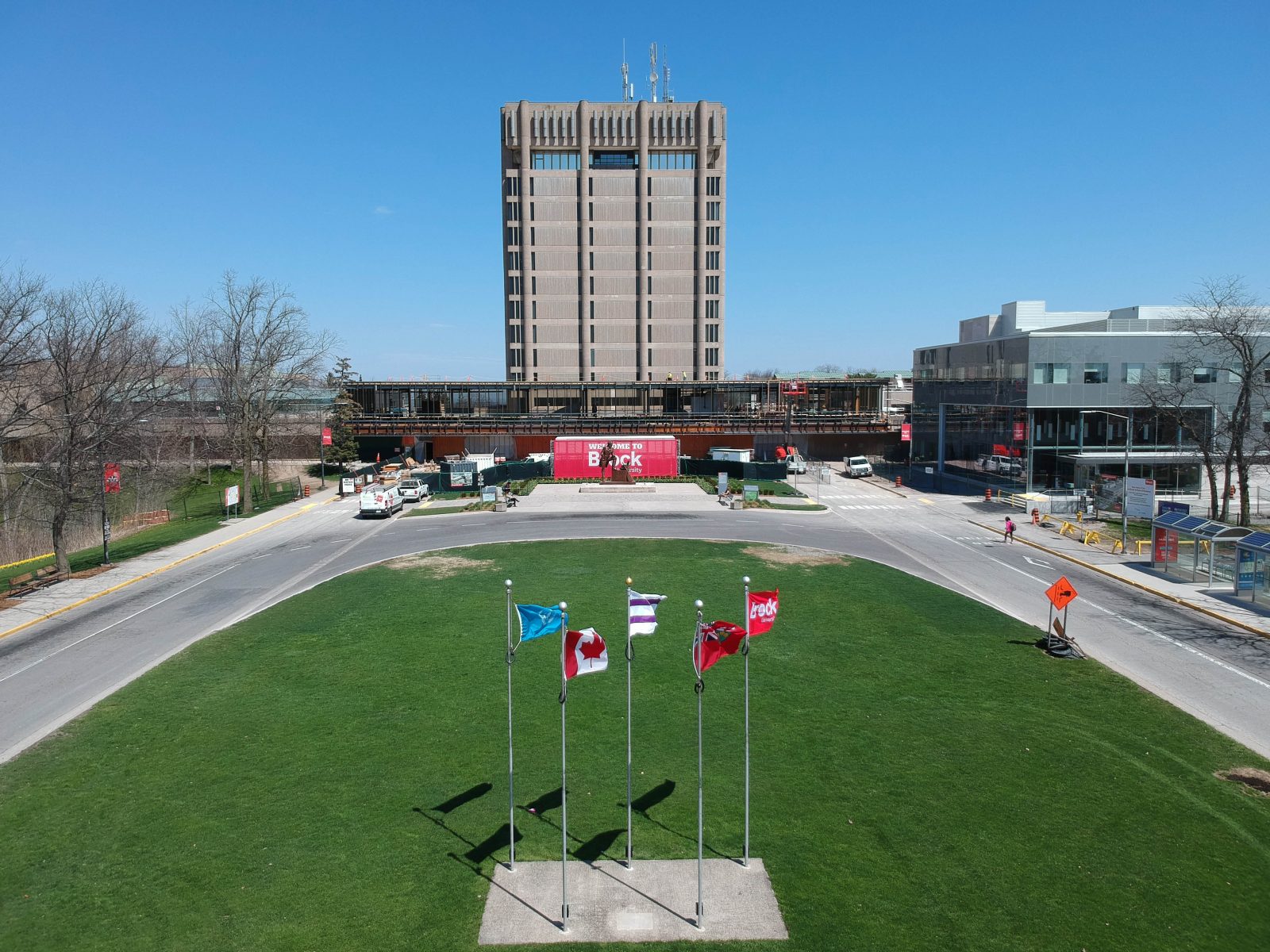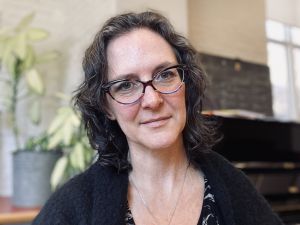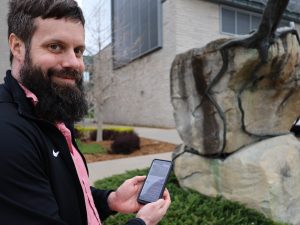The following is the second in a series of articles highlighting National AccessAbility Week. Written by Christopher Lytle, Brock’s AODA Co-ordinator in the Office of Human Rights and Equity, the stories will appear in The Brock News from Monday, May 27 to Friday, May 31.
The term inclusion has become a cornerstone for foundational discussions and actions we can aspire to with regards to creating an environment that is welcoming for all people, not just those who are “able” by their physicality or enabled by their privilege.
Gone are the days when an institution could ignore the positives that inclusion might bring because it felt most comfortable engaging with those who readily reflected its values.
Disability has traditionally been the last to be granted an entry point into a relevant discussion regarding meaningful engagement and the idea of inclusion must be questioned if it is lacking in the equal engagement of people with disabilities.
Brock University is building on its momentum, creating a culture of inclusion through the development of the Human Rights Task Force Report in 2017 and the President’s Advisory Council on Human Rights, Equity and Decolonization in 2018.
Inclusion is an operational term, and it works to align a social responsibility with a dynamic interpretation of diversity. A modern viewpoint of a social responsibility is one that is reflexive and develops a better understanding of barriers that do not allow oppressed populations any measure of dignity, respect and autonomy.
Inclusion operates as an ideal that sets out expectations, but it is not useful to view it as a box that can be checked and then put aside. As the dynamics of society flow and change, so too must our ability to meet the expectation that we will be able to provide a meaningful place for equal engagement.
The term inclusion is discussed throughout the U.N. Convention on the Rights of Persons with Disabilities as one of the mechanisms of full and effective participation in society.
In terms of education at Brock, the Centre for Pedagogical Innovation works with faculty to create an understanding of Universal Design in Learning that can build inclusive learning spaces. It is not intended to be used to designate an optic of goodwill without having first put the work into making institutions recognize that they must be inclusive.
Thinking inclusively has an impact on how we design societies, infrastructure and spaces for learning. Thinking inclusively as a practice should be a key function with regards to the development of spaces where ideas are shared and disseminated. The promotion of human rights at the University represents a unique opportunity to see what inclusive discourse can do to create equitable space for the values and critical discourse of people with disabilities.










